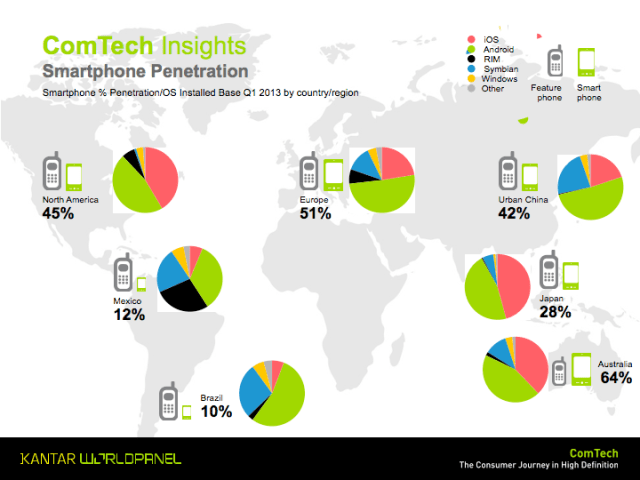“German unemployment rose for a second month in April, adding to signs that Europe’s largest economy is struggling to recover from a slump at the end of last year.
The number of people out of work climbed a seasonally adjusted 4,000 to 2.94 million, the Nuremberg-based Federal Labor Agency said today. Economists predicted an increase of 2,000, according to the median of 29 estimates in a Bloomberg News survey. The adjusted jobless rate held at 6.9 percent, just above a two-decade low of 6.8 percent.
The International Monetary Fund predicts the German economy will expand 0.6 percent this year, even as its biggest export market, the euro area, remains mired in recession. German business and investor confidence dropped in April as Europe’s debt crisis and an unusually long winter delayed the first- quarter rebound predicted by the Bundesbank.
“Uncertainty in the euro area is back and it has taken its toll on the German labor market,” said David Milleker, chief economist at Union Investment GmbH in Frankfurt. “I wouldn’t expect a reduction of unemployment anytime soon.”
The euro was little changed after the report, trading at $1.3086 at 10:30 a.m. in Frankfurt. European stocks rose, with theStoxx Europe 600 Index (SXXP) up 0.1 percent.


